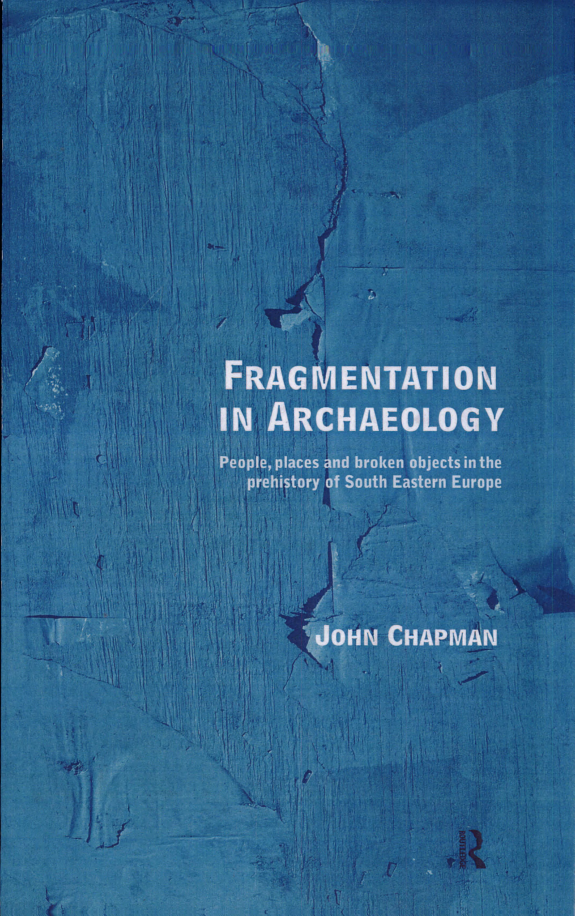

Most ebook files are in PDF format, so you can easily read them using various software such as Foxit Reader or directly on the Google Chrome browser.
Some ebook files are released by publishers in other formats such as .awz, .mobi, .epub, .fb2, etc. You may need to install specific software to read these formats on mobile/PC, such as Calibre.
Please read the tutorial at this link: https://ebookbell.com/faq
We offer FREE conversion to the popular formats you request; however, this may take some time. Therefore, right after payment, please email us, and we will try to provide the service as quickly as possible.
For some exceptional file formats or broken links (if any), please refrain from opening any disputes. Instead, email us first, and we will try to assist within a maximum of 6 hours.
EbookBell Team

5.0
88 reviewsFragmentation in Archaeology revolutionises archaeological studies of material culture, by arguing that the deliberate physical fragmentation of objects, and their (often structured) deposition, lies at the core of the archaeology of the Mesolithic, Neolithic and Copper Age of Central and Eastern Europe.
John Chapman draws on detailed evidence from the Balkans to explain such phenomena as the mass sherd deposition in pits and the wealth of artefacts found in the Varna cemetery to place the significance of fragmentation within a broad anthropological context.